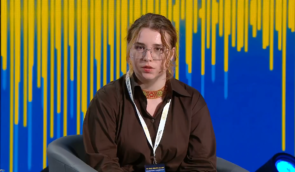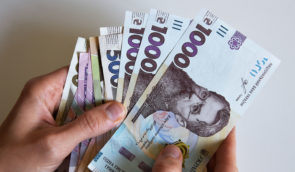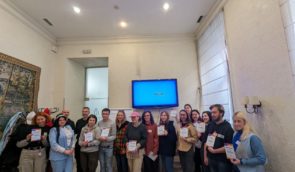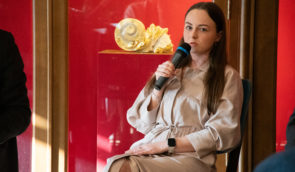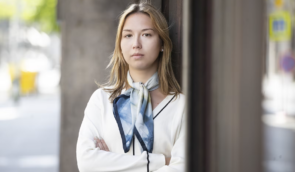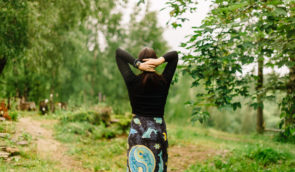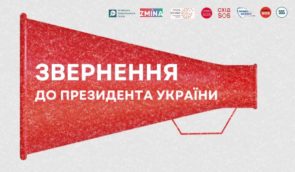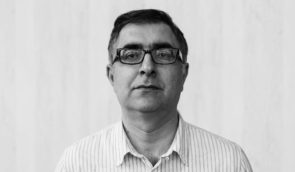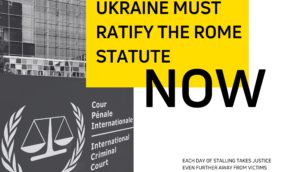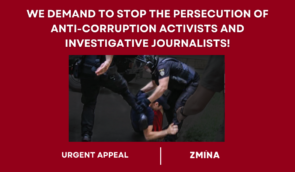Why we continue to defend human rights
Ahead of International Human Rights Day 2023, HRHF has spoken to several human rights defenders from around the Network of Human Rights Houses to ask them about the state of human rights in their countries and why they find it important to continue their work.
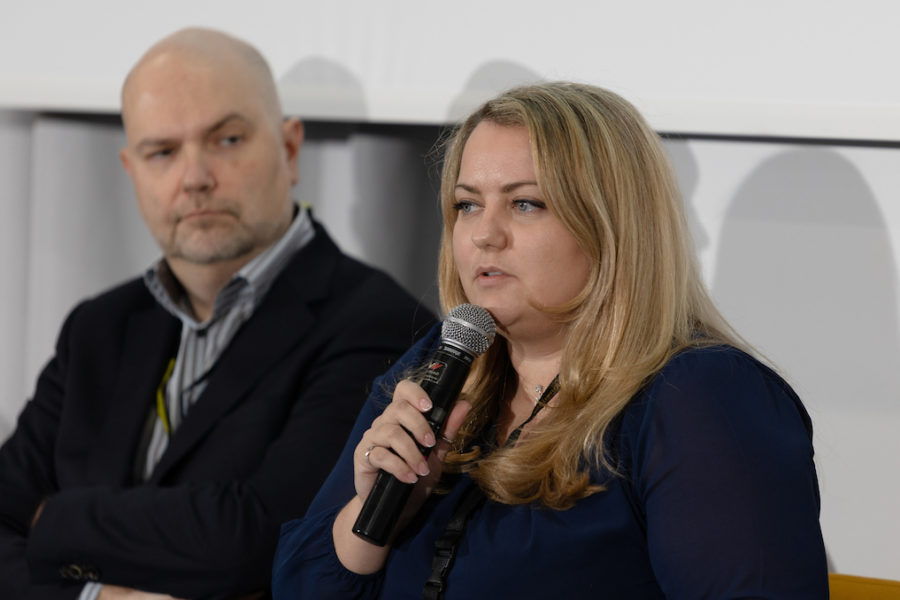 Liudmyla Yankina (right), Human Rights Centre ZMINA
Liudmyla Yankina (right), Human Rights Centre ZMINAUkraine: “A big part of human rights work is connected to the war”
“Now, as the front line has shifted, our life is divided into two parts… A big part of human rights work is connected to the war. Since the beginning of the full-scale invasion, there has been a phenomenon of war crimes. “
“In the past, the beneficiaries of our work were people persecuted by the state or third parties, representing civil society within the country. But now, we have newly occupied territories, and there are many representatives of civil society on these territories who are severely persecuted, tortured, and even killed. They hide in the most challenging ways because they are pursued by [Russian] FSB and various other special services. And you have to provide these people with a chance to survive.”
“But it’s not just about my work, it’s about the fact that every time we successfully manage to rescue someone, all the others who remain there gain hope that they are not abandoned, that they are remembered, and that they are taken care of…”
“One of the challenges of the conditions [of war] under which we have to work – is due to the introduction of martial law due to Russian aggression. Consequently, a certain part of freedoms were legally restricted. Now, for instance, [it became more difficult] to implement some human rights work or activities such as performing the role of the watchdog in relation to the government’s actions.”
“Our civil society is not going to concede… It is quite creative in finding ways to [continue its work]. If at some point we can’t gather for certain actions, people still find ways through… for example, organising solitary pickets, or large coffee-drinking meetings by the city councils to express disagreement with how budgets are processed.”
“Many representatives of civil society who went [to the front] were actually irreplaceable in their roles, because they have done a lot of very valuable work… First of all, we lost them as a resource for protecting the environment, protecting women, protecting the LGBT+ community, and protecting fundamental freedoms. And each such person in their role is unique.”
“It is becoming increasingly difficult for us to defend human rights inside the country, especially when we lose such people, who are killed by Russia, when they go to fight, it greatly exhausts us. But the uniqueness of Ukrainians is precisely that this pain is converted into very productive anger. We know how to convert it into a new level of resistance and new initiatives are born.”
“When we make decisions about whether we should continue to defend human rights… We need to be globalists… Globally, we have been living in this resistance for about 300 – 400 years. And if we talk about the history of every Ukrainian family, how many losses we have suffered due to Russian repressions over time… The Soviet Union, the Russian Empire, and so on…”
“In my opinion, for the sake of future generations and their opportunity to realise themselves as Ukrainians in the global world, we simply do not have the right to stop. Because if now, for example, Lyudmyla Yankina, as a tired person, decides to withdraw from the process, I won’t have anything to [say to the next generations].”
Source: Human Rights House Foundation

